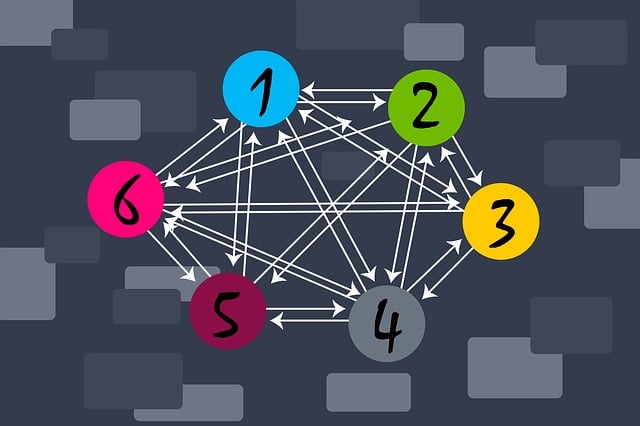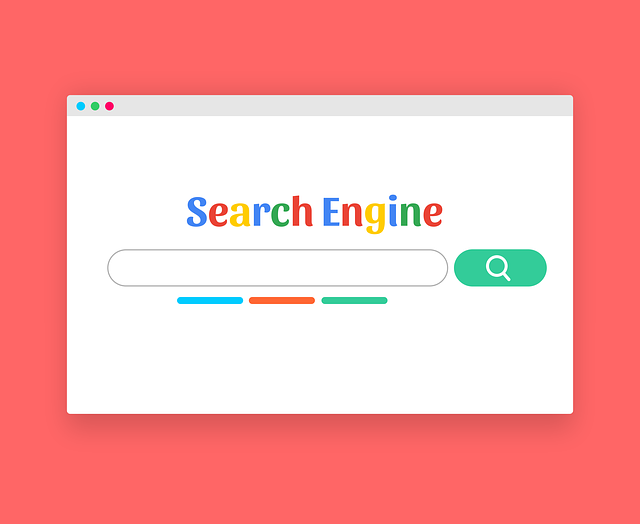AI-powered search is transforming traditional information access by leveraging NLP and machine learning for more accurate, contextually relevant results. Unlike keyword-based searches, this technology interprets user intent, offers personalized content, and continuously learns from interactions. Applications span e-commerce, content creation, and enterprise knowledge management, enhancing efficiency across sectors. While extensive training data is a challenge, advancements in NLP and ML indicate a future with improved semantic understanding, tailored experiences, and real-time adaptation to user needs.
In the digital age, efficient information retrieval is paramount. Enter AI-powered search, a revolutionary force transforming how we interact with data. This article delves into the fundamentals and immense advantages of this technology, exploring its impact on traditional search functions. We dissect key features, uncover diverse applications, and discuss the challenges and promising future prospects of ai-powered search systems. Get ready to navigate the evolving landscape of intelligent information access.
- Understanding AI-Powered Search: The Basics and Benefits
- How AI Transforms Traditional Search Functions
- Key Features and Applications of Intelligent Search Systems
- Challenges and Future Prospects in AI-Driven Search
Understanding AI-Powered Search: The Basics and Benefits

AI-powered search is transforming how we access and interact with information. Unlike traditional search engines, which rely on algorithms that scan keywords and meta data, AI models use advanced techniques like natural language processing (NLP) and machine learning to understand user intent and context. This allows for more accurate and relevant results, as the AI can interpret complex queries and deliver precise answers or related content.
The benefits of AI-powered search are numerous. It enhances user experience by providing faster, smarter results, reducing the need for users to sift through countless irrelevant links. Moreover, it enables businesses to offer personalised experiences by leveraging user data and behavior patterns. With AI, search becomes an intelligent assistant, capable of learning from interactions and continuously improving its performance.
How AI Transforms Traditional Search Functions

In the realm of information retrieval, AI-powered search is revolutionizing traditional search functions. Unlike conventional search algorithms that rely heavily on keyword matching and ranking, artificial intelligence leverages sophisticated techniques such as natural language processing (NLP), machine learning, and semantic understanding to deliver more accurate and contextually relevant results. This transformative technology interprets user intent behind queries, understands nuances in language, and even predicts users’ next steps based on their search history and behavior.
The impact is profound: AI-powered search enhances the entire user experience by providing faster, smarter, and more personalized results. It goes beyond mere keyword matching to deliver a dynamic and interactive experience where searchers can ask questions naturally, receive answers in various formats (text, images, videos), and explore related topics seamlessly. This evolution not only makes information retrieval more efficient but also opens up new avenues for innovation in content creation, organization, and discovery.
Key Features and Applications of Intelligent Search Systems

Intelligent search systems, driven by advancements in artificial intelligence (AI), are transforming how we access and interact with information. Key features like natural language processing (NLP) enable users to query data using everyday language, rather than structured keywords, making search more intuitive and accessible. These systems can understand context, intent, and even nuance, leading to more relevant and accurate results.
Applications of AI-powered search span various sectors. In e-commerce, intelligent search recommends products based on user behavior and preferences, enhancing the shopping experience. Content creators leverage these technologies for topic discovery and keyword research, streamlining content creation processes. Moreover, in enterprise settings, intelligent search enables efficient knowledge management by quickly retrieving documents, emails, and other valuable data points from vast corporate repositories.
Challenges and Future Prospects in AI-Driven Search

The rise of AI-powered search presents a promising future for information retrieval, but it’s not without challenges. One significant hurdle is the need for vast amounts of high-quality training data to teach AI models to understand complex user queries and context. Ensuring these models can accurately interpret diverse language structures and nuances across various domains remains an ongoing challenge.
Looking ahead, overcoming these hurdles will be key to unlocking the full potential of AI-powered search. Future prospects include enhanced semantic understanding, allowing for more precise results, personalized search experiences tailored to individual preferences, and real-time adaptation to evolving user needs. With continued advancements in natural language processing and machine learning, AI-driven search is poised to revolutionize how we interact with information.
In conclusion, intelligent search, driven by AI-powered search technologies, is revolutionizing how we interact with information. By understanding its basics and benefits, recognizing the transformative impact on traditional search functions, exploring key features and applications, and acknowledging the challenges and future prospects, we can harness its potential to enhance our digital experiences. The evolution of AI-driven search promises a more efficient, personalized, and intuitive way to navigate vast amounts of data, shaping the future of information access.
